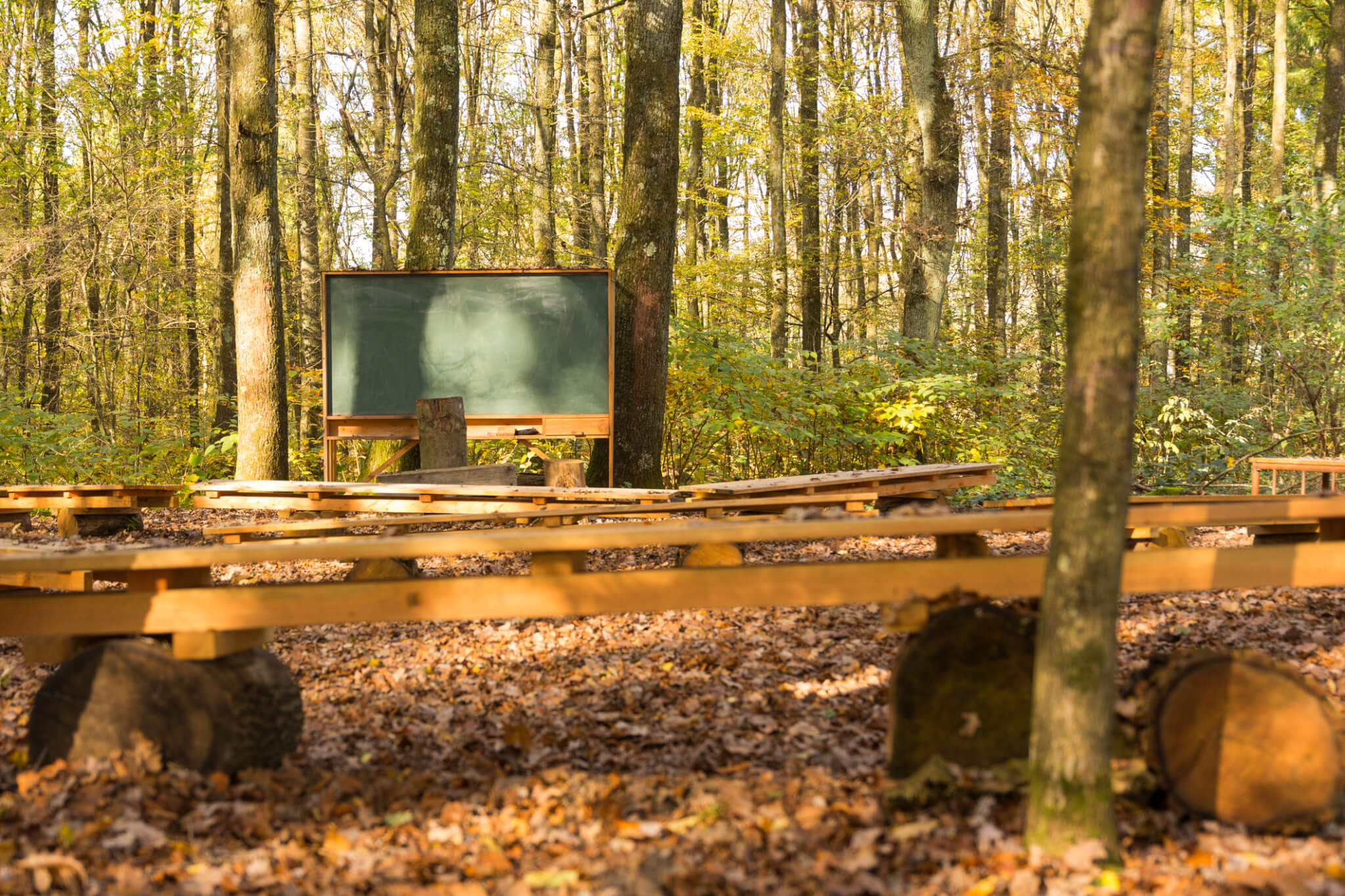Fostering Positive Youth-Adult Relationships: My Experience in an Outdoor Education Environment
YouthREX collaborated with students at Brock University reflecting on their placements involving child and youth work. In this reflection, a student shares her knowledge of how to build stronger relationships with youth in our communities, and discusses the unique challenges and lessons she learned while working with youth. Read what she has to say below!
We all want to have strong bonds and healthy relationships with our children, family members, and youth in our environment. Whether you are a parent, teacher, coach, family member, youth or mentor, naturally, we want to instill positive values in youth and help them become the best versions of themselves. But how do we do this? Being a good role model and establishing positive relationships is not always as easy as it sounds. Fortunately, there are techniques and strategies that we can implement to help work towards this goal. The following will outline some tips on how to build and maintain positive relationships with the youth in our lives, drawing from my own experience fostering positive relationships within a youth organization.
I’m a 4th-year student in the Recreation and Leisure Department at Brock University. In a course this semester – Child and Youth Work in Community Recreation – I completed a placement with the Niagara Peninsula Conservation Authority, at Ball’s Falls Nature School. The Nature School provides children and youth with opportunities to connect with nature, and develop a sense of self and place in the world, all while engaging in outdoor education experiences. Students attend the full day program, and participate in small group, curriculum-based learning, all in an outdoor setting where learning is based on environmental, sustainable, and conservation principles. Over the course of an eight-week period, my role at the Nature School was primarily to assist program leaders in implementing curriculum and meeting youth’s needs, while ensuring youth’s safety.
How to Foster Positive Youth-Adult Relationships
Research suggests that fostering positive youth-adult relationships, and, in turn, creating emotionally-safe environments, can greatly impact the development of children and youth, including their ability to regulate their emotions, develop their self-esteem, and have the confidence to take on opportunities in life.
Studies show that forming these positive ‘developmental relationships’ is the ultimate goal of youth-adult interactions, and should include the following four criteria:
- Attachment: Adults and youth should be connected to one another emotionally in a supportive and positive way.
- Reciprocal: Adults and youth should engage in enjoyable activities together, with the adult altering the amount of support and guidance they give to the youth, based on their level of need and development.
- Progressive Complexity: As adult and youth interactions evolve over time, youth should begin engaging in more progressively complex behaviours with the guidance of an adult.
- Balance of Power: As adult and youth interactions further develop, power within the relationship should shift from the adult to the youth, allowing them to take the lead within the relationship, providing them with opportunities for growth, and trial and error.
Past research also highlights that there are three common types of youth-adult relationships that developmental relationships may form within, including:
(1) Relationships built between youth and parents. Parents are very influential in youth’s lives, and children’s development may vary depending on the amount of parental warmth, monitoring, and school involvement they offer.
(2) Relationships built with ‘natural’ mentors. Natural mentors refer to relationships that develop between youth and adults in their day-to-day lives, such as teachers, coaches, neighbours, and other members in the community. Positive developmental relationships established between youth and natural mentors may contribute to improved psychological, socio-emotional, and behavioural development, compared to youth without.
(3) Relationships built with ‘formal’ mentors. Formal mentors refer to relationships formed between youth and an adult who is formally paired with a youth, often through a community organization. A meta-analysis suggests that youth involved with formal mentors also display growth in behavioural, social, emotional, and academic contexts.
Reflecting upon Youth-Adult Relationships at Ball’s Falls Nature School
During my time with the Niagara Peninsula Conservation Authority, I was able to reflect upon the lessons I learned in the classroom and see them applied in a real-world setting. One of the things that stood out to me during my time with the Niagara Peninsula Conservation Authority was how the teachers interacted with the children and assumed the role of a ‘natural mentor’. As well, the teachers exhibited several characteristics that support the development of positive developmental relationships and high-quality youth programming, including:
- Helping build youth confidence/self-esteem through continuous encouragement and provision of opportunities to build skills and share strengths with others.
- Comforting children, helping them, and answering questions non-judgmentally.
- Allowing the youth to have a say in the decision-making process by asking them what they would like to do each day, and where they would like to go.
- Involving families in the program through sending photos and updates, sending home projects/homework for the family to see, and communicating with families during pick-up and drop-off times to share how the day went, provide updates on their child’s progress, and other important information.
- Maintaining equanimity (mental or emotional composure, especially under stress) with the youth during situations that were challenging, such as during hikes when areas were slippery, or being supportive and encouraging when the kids were tired or having difficulties.
Overall, my placement with the Ball’s Falls Nature School was a great learning experience that afforded me the opportunity to better understand how theories and concepts learned in class play out in a practical real-world setting. It is important to always be mindful of your youth-adult relationships, as they have the potential to greatly impact youth’s overall development!


